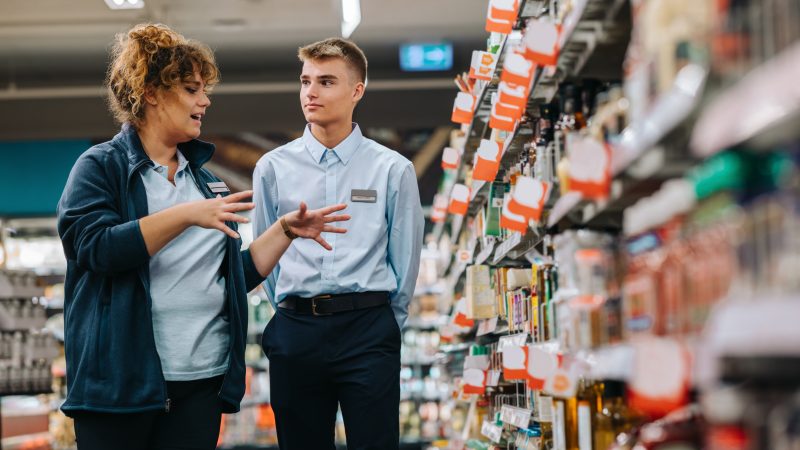Younger consumers shun loyalty schemes but will trade data for personalised deals

A new report from data and digital experts TWC has revealed the significantly lower uptake of loyalty schemes amongst younger consumers – despite this cohort being more likely to agree that they are happy for businesses to collect data about their spending and purchasing habits if they personalise offers better in return.
The report also found that younger shoppers are more likely to be struggling financially and consequently are likely to be hunting for deals when shopping for groceries.
The TWC Trends – Savvy Shopping report (https://twcgroup.net/twc-trends-autumn-edition-2021-part-3/) evidences the much talked about ‘k’ shaped economic recovery, with 4 in 10 shoppers agreeing they are struggling to make ends meet financially, particularly Millennials (aged 25+). Meanwhile, Boomers (aged 55+) were most likely to disagree, with over 60% of this demographic claiming that they are not experiencing financial hardship.
It is unsurprising then, that older shoppers are less likely to be hunting for deals or shopping in cheaper stores. Overall, 35% of shoppers claim to be opting for cheaper stores to save money on groceries, whilst the same proportion are hunting around for the best deals on everyday food items. Deal hunting was highest for Millennials at 40%, whilst only 29% of Boomers agreed that they do this.
The report highlights an opportunity for a shake-up of loyalty schemes. These currently have higher uptake amongst older shoppers, with 33% of those aged 55+ claiming to be a member of such a scheme, vs. just 7% of those aged 18-34.
Sarah Coleman, Communications Director at TWC comments: “Given that younger shoppers are more likely to be struggling financially and are also more likely to be hunting for deals, surely there is an opportunity to create a loyalty proposition that resonates with these consumers.”
“Of course, one of the main benefits of loyalty schemes is the data that can be collected in exchange for exclusive offers or benefits. Interestingly, our research showed that over half of UK adults are happy for businesses to collect data about their spending and purchasing habits in exchange for better personalisation of offers. This is particularly true of younger consumers, with two-thirds of 18–34-year-olds agreeing with this statement. Understanding the purchasing behaviour of these shoppers is critical but their loyalty is not likely to be easily won, so there must be clear benefits for participating.”
In a similar vein, the report identifies that there is still an opportunity for trade up despite the current challenges of price rises, but there must be a clear benefit to justify any premium.
Coleman explains: “We believe that trade up is still possible, for instance 44% of consumers agree that they are prepared to pay a bit more for items from their local convenience store. They are prepared to pay extra for convenience. Equally faster delivery may justify a premium, or a product offering an additional benefit… let’s not forget that whilst many are struggling financially, 42% of the population say they are not. If the benefit is there and clearly communicated, trade up can be achieved.”







